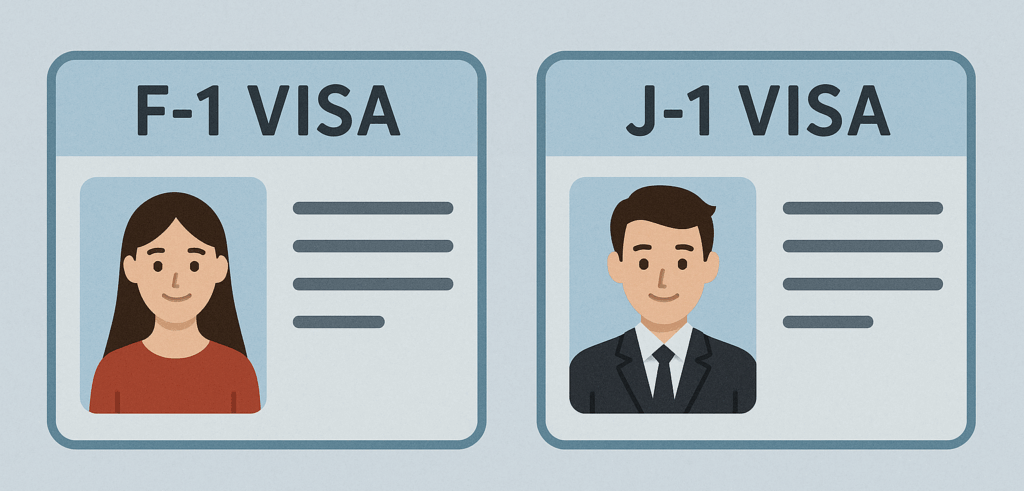Is It the Right Choice for Your Child?
Studying in the U.S. at an early age can be a life-changing opportunity, but success depends entirely on whether it suits your child and how well you prepare. With the correct readiness, early study abroad enhances growth. Without it, advantages can quickly turn into challenges.
Table of Contents
Pros
- Full Language Immersion
Constant English exposure at school and home promotes rapid fluency, natural pronunciation, and greater confidence in younger learners Our Information Here Benefits of Study Abroad (External Link) - Academic Advantage & American Learning Style
Exposure to critical thinking, project-based learning, AP/IB/STEM courses, and creative frameworks fosters independence, leadership, and intellectual flexibility Our Guide. - Early College Preparation
Those starting in middle or early high school have more time to build GPA and extracurriculars, access college counselors, and craft stronger college applications Our Information Here Our Website. - Cultural Adaptation & Social Growth
Daily immersion in American culture helps students develop social skills, cultural awareness, and global citizenship which is foundational for later success Our Page Here - Stronger Pathway to Top Universities
Continuous U.S. academic history enhances college applications, with better access to recommendations, internships, and leadership roles Benefits of Study Abroad (External Link).
Cons
- Homesickness & Emotional Strain
Extended separation from family, cultural adjustment, and language difficulty can cause emotional distress, especially in younger students. - High Financial Costs
Annual expenses often exceed $60,000, including tuition, guardianship, tutoring, travel, insurance, and personal spending. - Risk of Poor Adaptation
Inadequate academic, social, or emotional support can result in underperformance or disengagement. StudyBGE emphasizes robust pre-departure preparation, covering motivation, English readiness, and understanding U.S. school culture. - Cultural Identity Challenges
Students may feel culturally in-between, risking a loss of native identity. Continued parental reinforcement of heritage language and culture is key. - Not Suitable for Every Child
Young learners vary in planning, maturity, and communication. Some perform better when studying abroad later (Grade 10+), after they’ve developed emotional readiness
The Crucial Factor: Preparation
Preparation determines whether early study abroad becomes a pro or a con. Critical considerations include:
- Academic Readiness – Strong English writing skills, GPA management, test prep, and understanding of U.S. classroom culture are essential Our Blog Post.
- Emotional Readiness – Students need maturity to handle independence, stress, and seeking help.
- Support Structures – Availability of guardians, tutors, counselors, or host families is critical.
- Family Involvement – Ongoing cultural reinforcement and emotional support prevent identity loss.
Without these, early study abroad—even with the best environment—can become detrimental.
How to Decide
Ask yourself:
- Is my child emotionally resilient and open to change?
- Can we cover the financial investment?
- Have we prepared with academic planning, emotional coaching, and cultural readiness?
- Would they benefit more starting later if not fully prepared?
If you confidently answer yes, early study abroad can be life-changing. If not, it’s worth considering delaying until the student thrives.
How We Can Help
At BGE, we support each family through:
- Readiness assessments (academic, emotional, financial)
- Personalized preparation roadmaps
- Guardianship, tutoring, and cultural support
- Ongoing monitoring and plan adjustments
Our goal is to make early study abroad a source of growth, confidence, and long-term success, not stress or missed opportunities.



